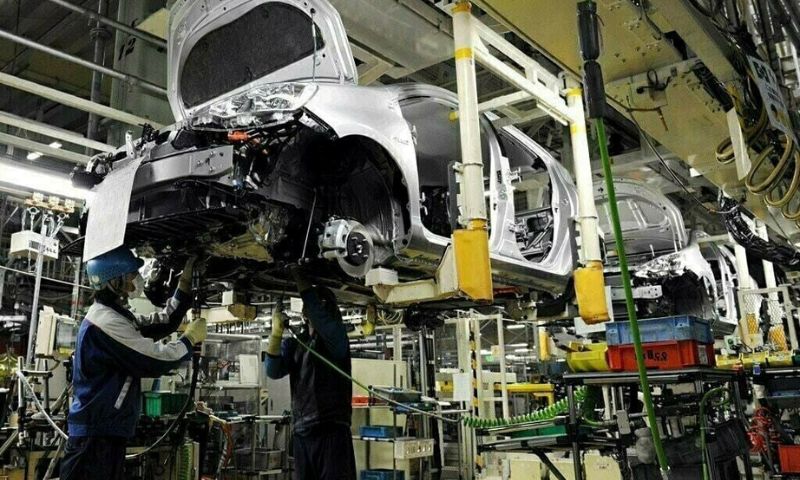KARACHI: Pakistan’s automotive industry and the government are reportedly making progress in resolving a critical issue related to the renewal of manufacturing certificates that had lapsed at the end of September.
The certificates were not renewed at the time, as auto companies failed to meet the agreed-upon export targets for the fiscal year 2022-23.
The renewal of these certificates was contingent upon the auto sector meeting the export targets that had been mutually decided between the industry and the government. Under this agreement, the auto industry had committed to exporting 2% of the value of the goods they imported during fiscal year 2023.
A prior meeting held in September between representatives from the auto industry and the Ministry of Industries and Production in Islamabad did not yield a conclusive decision, leading to a frustrating delay, as reported by the Pakistan Automotive Manufacturers Association (PAMA).
However, it appears that discussions are now underway to potentially “relax” the stringent export target, according to sources familiar with the ongoing developments who spoke with Business Recorder on Wednesday.
An anonymous source expressed optimism, stating, “The issue will be resolved.” The non-renewal of manufacturing certificates has created a predicament for auto sector companies, as these certificates are essential for clearing import consignments, and they are an integral part of the industry’s operations.
Sohail Bashir Rana, Chairman of PAMA, shed light on the challenging economic conditions facing the sector, emphasizing the difficulty of meeting export targets. He stated, “Economic conditions are not conducive for the sector to export. There are severe import restrictions, and you need imported components to make something before it can be exported.”
Rana also highlighted the additional hindrances stemming from agreements between Pakistani companies and their parent multinational companies, often headquartered in Japan or China. These agreements are influenced by the global strategies of these parent companies, taking into account various markets and their dynamics before making export decisions.
An expert in the auto sector explained that Pakistan relies on the import of auto-grade steel, aluminium, and other raw materials to manufacture its vehicles. In an environment where the Pakistani rupee experiences significant depreciation, the incentive to export after importing costly components becomes significantly diminished.
The situation at hand underscores the complexity of Pakistan’s auto industry, which is grappling with both domestic and international factors affecting its ability to meet export targets. The ongoing discussions between industry stakeholders and the government signal a willingness to find a solution that addresses these challenges while supporting the continued growth and development of the sector.























